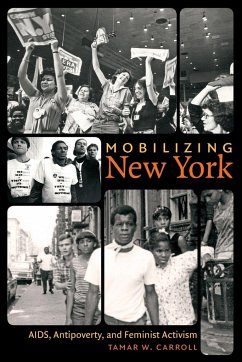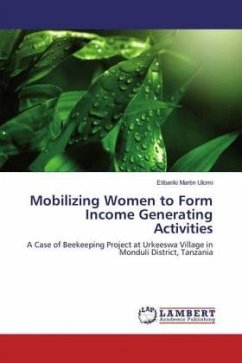Examining three interconnected case studies, Tamar Carroll powerfully demonstrates the ability of grassroots community activism to bridge racial and cultural differences and effect social change. Drawing on a rich array of oral histories, archival records, newspapers, films, and photographs from post?World War II New York City, Carroll shows how poor people transformed the antipoverty organization Mobilization for Youth and shaped the subsequent War on Poverty. Highlighting the little-known National Congress of Neighborhood Women, she reveals the significant participation of working-class white ethnic women and women of color in New York City's feminist activism. Finally, Carroll traces the partnership between the AIDS Coalition to Unleash Power (ACT UP) and Women's Health Action Mobilization (WHAM!), showing how gay men and feminists collaborated to create a supportive community for those affected by the AIDS epidemic, to improve health care, and to oppose homophobia and misogyny during the culture wars of the 1980s and 1990s. Carroll contends that social policies that encourage the political mobilization of marginalized groups and foster coalitions across identity differences are the most effective means of solving social problems and realizing democracy.
Hinweis: Dieser Artikel kann nur an eine deutsche Lieferadresse ausgeliefert werden.
Hinweis: Dieser Artikel kann nur an eine deutsche Lieferadresse ausgeliefert werden.








